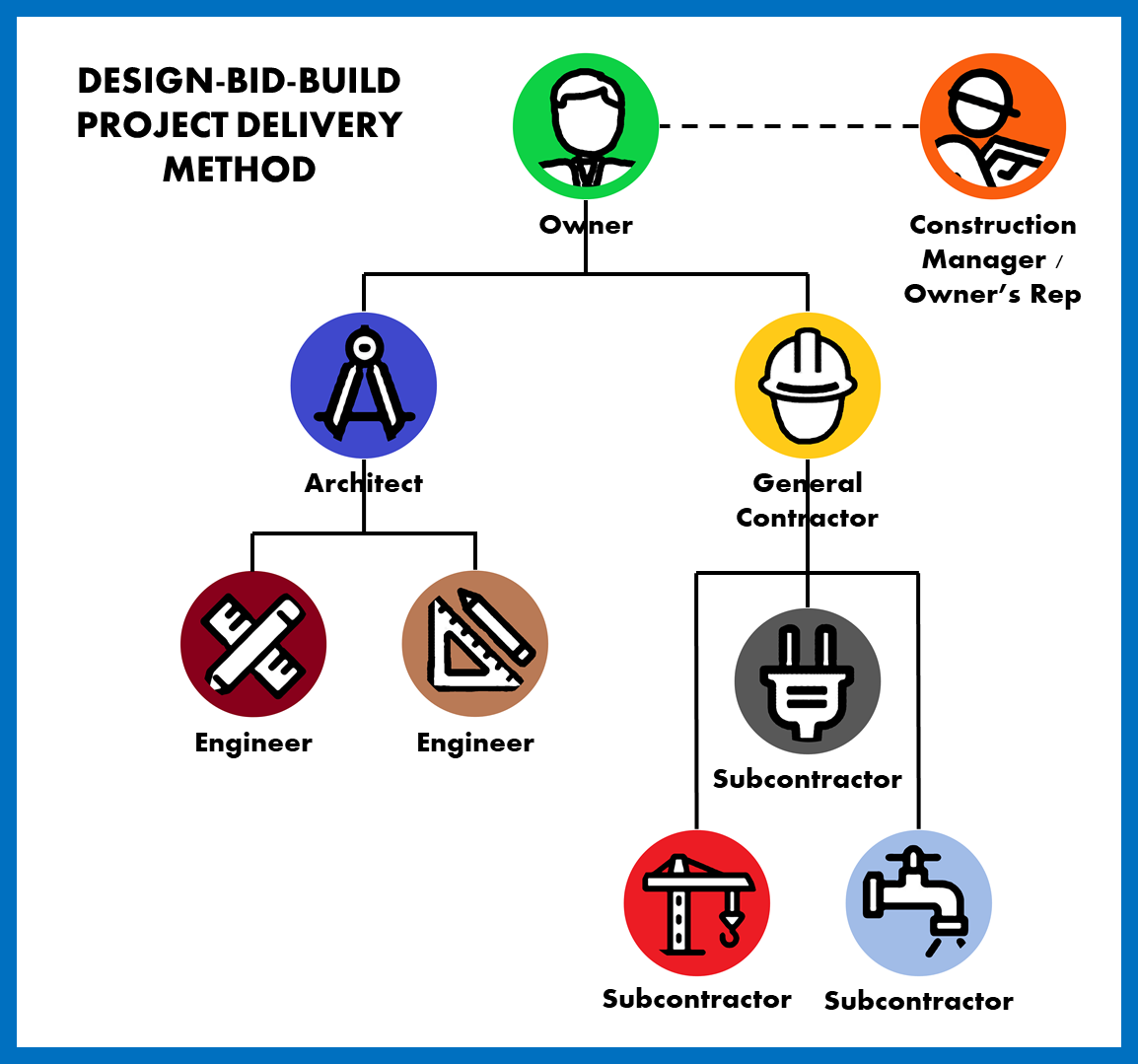
Good managers listen to their employees and allow them to express themselves. They keep their team up to date on the company's plans and vision. Managers who are genuine about their employees' development as a manager will acknowledge their direct reports' progress and talk with them about their long-term career goals. This will help them to understand the different career options.
Qualities of a good manger
A good manager inspires employees to achieve their goals and creates a positive work environment. Managers who are good encourage their employees to live up to the company's vision. They also know how to make quick and informed decision. They listen to their employees and take steps to improve the workplace. Here are five characteristics that make a good manager.
A great communicator is essential for management. Effective managers communicate clearly and concisely with employees. They also have the ability to communicate openly. Employees can be trusted and will avoid conflict by being in constant communication.
Communication skills
Effective communication skills are vital to the success of any manager. Managers need to know how to make employees feel valued and create a positive workplace. There are many ways to improve these skills, including attending a writing workshop, taking an online business writing class, and reading a lot. Good managers must be trustworthy and empathic. This will allow them to build genuine relationships with their employees.

Communication skills are essential to any industry or business. A great manager must be able communicate clearly and listen to other points of view. Effective communication can boost employee morale, increase productivity, and create a collaborative environment.
Self-awareness
For good managers, self-awareness and empathy are essential. It can help people develop as leaders, and can also have an impact on their team. In teams that are led by self-aware leaders, internal conflict is less likely. They make it easier for people to share their concerns.
For self-awareness to increase, ask two questions: What do your direct reporting like about your personality? What do they dislike about you? They should be pleasantly surprised by the results. They should be able to tell you something that will improve your leadership skills.
Empathy
Empathy, which is a difficult trait to cultivate and one few managers have naturally, can be very hard to do. Many smart and hardworking leaders don't have this skill. Managers who lack empathy are unable to build a collaborative work environment or relate well to the people who ultimately drive the company's results.
Empathy is an essential characteristic of a good manager and will be a benefit to both the employee, and the company. Managers have been taught to be compassionate with their employees, but personal lives are becoming more intertwined with professional responsibilities. Managers need to be able to see that employees also have problems at home. In this way, they can foster an environment where team members feel safe and supported.

Adaptability
Managers need to be able to adapt. This allows employees to be flexible, adaptable and to make changes while still focusing on their current projects. Great managers have the ability to solve problems and find viable solutions when confronted with many challenges. For those who have to work with diverse personalities and those who deal with conflict, adaptability is essential.
Change is often a scary thing, but it can also open the door to innovation and creativity. Progress is not possible if you are afraid to take risks. Good managers can embrace change easily and avoid getting stuck in a rut.
FAQ
What are the 5 management processes?
Each business has five stages: planning, execution and monitoring.
Planning means setting goals for the long-term. Planning includes setting goals for the future.
Execution occurs when you actually carry out the plans. These plans must be adhered to by everyone.
Monitoring allows you to monitor your progress towards achieving your goals. Regular reviews should be done of your performance against targets or budgets.
Every year, there are reviews. They are a chance to see if everything went smoothly during the year. If not, then it may be possible to make adjustments in order to improve performance next time.
Following the annual review, evaluation is done. It helps identify which aspects worked well and which didn't. It provides feedback about how people perform.
What kind of people use Six Sigma?
Six Sigma is well-known to those who have worked in operations research and statistics. However, anyone involved in any aspect of business can benefit from using it.
Because it requires a high level of commitment, only those with strong leadership skills will make an effort necessary to implement it successfully.
What does Six Sigma mean?
Six Sigma uses statistical analysis for problems to be found, measured, analyzed root causes, corrected, and learned from.
The first step is to identify the problem.
Next, data will be collected and analyzed to determine trends and patterns.
Next, corrective steps are taken to fix the problem.
Finally, the data are reanalyzed in order to determine if it has been resolved.
This cycle continues until the problem is solved.
How do we build a culture that is successful in our company?
A company culture that values and respects its employees is a successful one.
It's built on three fundamental principles:
-
Everyone has something to contribute
-
People are treated fairly
-
There is mutual respect between individuals and groups
These values are evident in the way that people act. They will show consideration and courtesy to others.
They will respect other people's opinions.
They encourage others to express their feelings and ideas.
Additionally, the company culture encourages open communication as well as collaboration.
People can freely express their opinions without fear or reprisal.
They understand that mistakes can be forgiven as long as they're dealt with honestly.
The company culture promotes honesty, integrity, and fairness.
Everyone is aware that truth must be told.
Everyone knows that there are rules and regulations that apply to them.
Nobody expects to be treated differently or given favors.
What are the steps to take in order to make a management decision?
Managers are faced with complex and multifaceted decisions. It involves many factors, such as analysis and strategy, planning, execution, measurement, evaluation, feedback etc.
It is important to remember that people are human beings, just like you. They make mistakes. As such, there is always room for improvement, especially if you're willing to put forth the effort to improve yourself first.
We explain in this video how the Management decision-making process works. We will explain the importance of different types decisions and how every manager can make them. The following topics will be covered:
Statistics
- This field is expected to grow about 7% by 2028, a bit faster than the national average for job growth. (wgu.edu)
- UpCounsel accepts only the top 5 percent of lawyers on its site. (upcounsel.com)
- Hire the top business lawyers and save up to 60% on legal fees (upcounsel.com)
- The BLS says that financial services jobs like banking are expected to grow 4% by 2030, about as fast as the national average. (wgu.edu)
- The profession is expected to grow 7% by 2028, a bit faster than the national average. (wgu.edu)
External Links
How To
How can you apply the 5S in the office?
Your first step in making your workplace more efficient and productive is to organize everything. An organized workspace, clean desk and tidy room will make everyone more productive. The five S’s (Sort. Shine. Sweep. Separate. and Store) all work together to ensure that every inch is utilized efficiently and effectively. These steps will be covered one-by-one and how they can work in any kind of setting.
-
Sort.Put away papers and clutter so that you don't waste valuable time searching for something that you know is there. This means putting things where you use them most often. Keep it near the spot where you most often refer to it. You need to think about whether or not you really have to keep it around.
-
Shine.Keep your belongings neat and orderly so that you spend less time cleaning up after yourself. You should get rid of any items that could be harmful or cause injury to others. Find a safe way to store pens that you don't want anyone else to see. A pen holder is a great investment as you won't lose your pens.
-
Sweep. To prevent dirt buildup on furniture and other items, clean them regularly. To keep surfaces as clean as you can, invest in dusting equipment. To keep your workstation tidy, you can set aside an area for dusting and sweeping.
-
Separate. You will save time when disposing of trash by separating it into separate bins. To make it easier to throw away your trash without having to look for it, trash cans are often strategically placed throughout an office. You can take advantage of this location and place trash bags near each bin to make it easy to find what you are looking for.